In the heart of Cho Lon, Vietnam, lies a small alley named Hao Sy Phuong, where a project by AD+studio has breathed new life into a century-old building. Originally established by Chinese merchants in Saigon, this neighborhood retains its historic charm despite the disappearance of many shophouses over the years. AD+studio’s adaptive reuse project showcases the studio’s commitment to preserving heritage while meeting modern needs.
Historic Context
Constructed a century ago, the building blocks in Hao Sy Phuong were arranged around a shared courtyard, facilitating ventilation, natural light, and community interactions. Despite minor modifications over the years, the essence of the neighborhood’s layout and structure remained intact, reflecting the cohesive nature of the Chinese community.
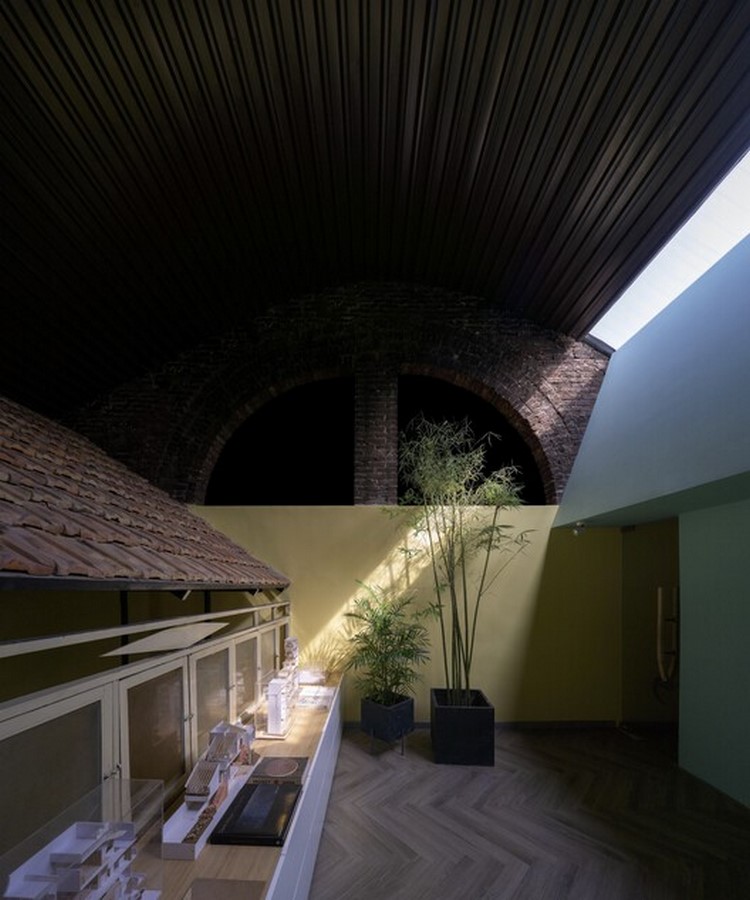
Renovation Approach
AD+studio’s renovation focused on maximizing the value of the building’s atriums, which serve as the cores of each module. Traditional architectural elements were incorporated at the front of the building to blend seamlessly with the neighborhood’s historical context. Additionally, old roof tiles were reused to construct a second roof, reducing heat radiation and preserving the local architectural heritage.
Design Concept
The renovated space serves a dual purpose: the front section functions as a meeting area for visitors and clients, paying homage to the surrounding context, while the rear section houses the design office. Here, a modern architectural language is juxtaposed with traditional elements, creating a harmonious blend of old and new.
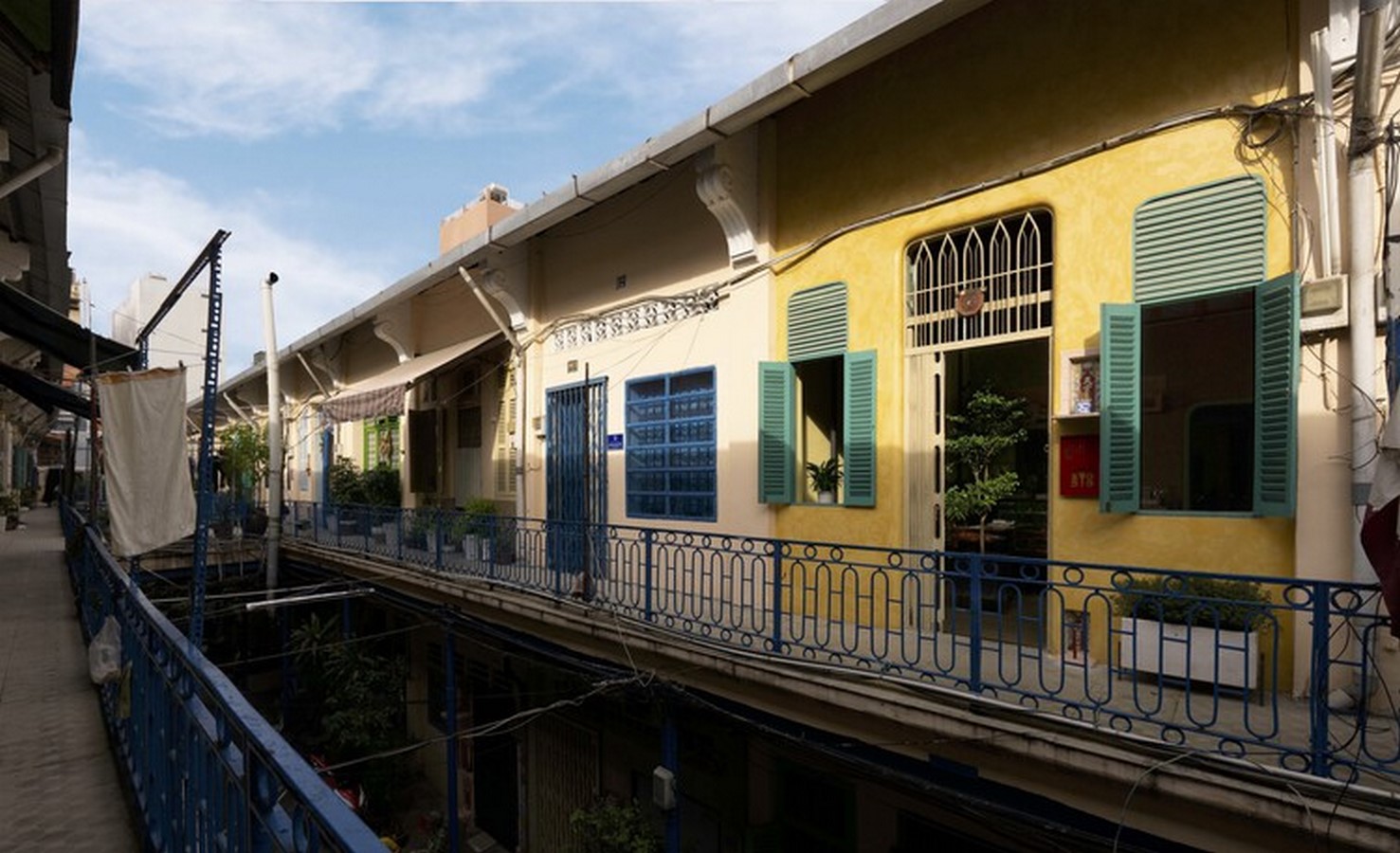
Innovative Features
The mezzanine level, designed as a co-working space, incorporates a significant void area to address the lack of natural light. This void not only reveals the original construction techniques but also fosters a dialogue between past and present. It serves as a tranquil space for reflection and concentration, embodying the project’s ethos of honoring heritage while embracing innovation.
Conclusion
AD+studio’s adaptive reuse project in Cho Lon, Vietnam, stands as a testament to the studio’s innovative approach to heritage conservation and modern functionality. By preserving historic elements while introducing contemporary design concepts, the project revitalizes a century-old building, breathing new life into the neighborhood while respecting its rich cultural legacy.


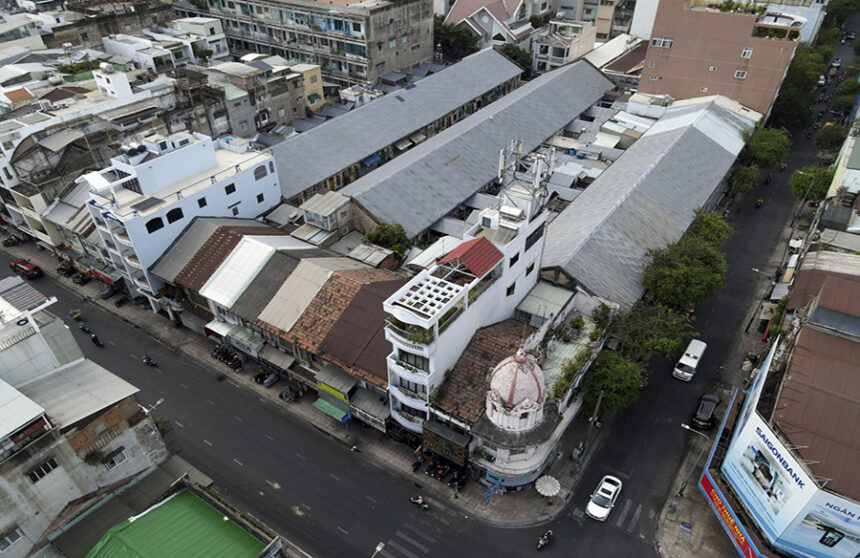
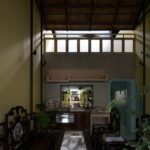
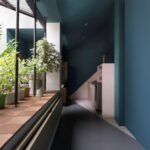
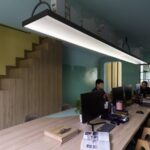

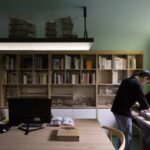
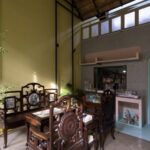
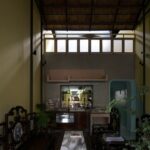
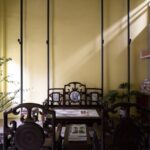
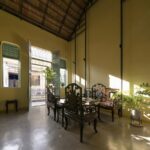
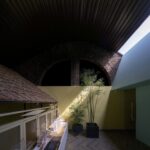
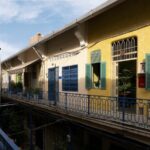
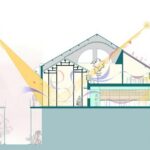
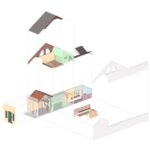
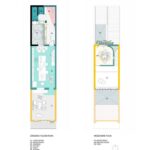
Leave a Reply